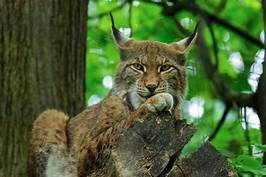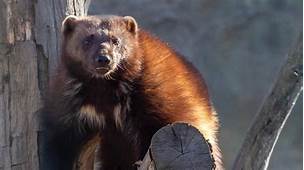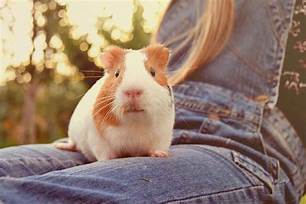Can You Have a Lynx for a Pet?
If you've ever been captivated by the beauty of a lynx, you've likely pondered the possibility of having one as a pet. These amazing creatures are alluring and intriguing, but are they suitable for pet ownership? As it turns out, having a lynx as a pet is not as simple as it may seem.

Lynx Characteristics
Lynxes are wild animals and, thus, have certain inherent characteristics that make them unsuitable for domestication. Their innate instincts, behaviors, and needs are not compatible with a typical household environment.
1. Size and Energy Level: Lynxes are typically larger than most pet cats, often reaching weights of over 20 pounds. Their high energy levels and natural curiosity make them active and restless creatures, requiring a significant amount of space and exercise.
2. Diet: Lynxes are carnivores that primarily feed on small prey such as rabbits, rodents, and birds. Providing them with a diet that meets their nutritional needs is challenging in a domestic setting.
3. Instinctive Behaviors: Lynxes possess inherent hunting instincts. They may perceive other pets, children, or even family members as prey or competitors, leading to potentially dangerous situations.
4. Welfare: Lynxes belong to the wild and are not suited for domestication. Confining them to a home environment can negatively affect their physical and mental well-being.
Legality and Regulations
Apart from the inherent challenges of keeping a lynx as a pet, there are also legal considerations to take into account. In many jurisdictions, it's illegal to possess a lynx without proper permits and licenses. Even if obtaining such permits is possible, they often come with strict requirements and regulations, including elaborate housing, veterinary care, and training.
Alternatives to Lynx Ownership
If you're drawn to the beauty and allure of lynxes but cannot commit to the responsibilities of owning one, there are alternative ways to appreciate these fascinating creatures:
1. Wildlife Parks and Sanctuaries: Visit reputable wildlife parks or sanctuaries that provide a safe and natural habitat for lynxes and other wildlife. Observe the magnificent creatures in their natural environment.
2. Documentaries and Books: Immerse yourself in the lives of lynxes through captivating documentaries, books, and articles. Gain insights into their behavior, habitat, and conservation status.
3. Responsible Nature Photography: Engage in responsible nature photography. Capture the beauty of lynxes and their natural surroundings while respecting their space and well-being.
4. Conservation Efforts: Support organizations and initiatives dedicated to lynx conservation. Donate or volunteer to help protect their habitats and ensure their survival in the wild.
Keeping a lynx as a pet is not a viable option for various reasons. Both their inherent characteristics and legal restrictions present significant challenges. Instead, appreciate lynxes from a distance through responsible wildlife observation, engagement with educational resources, and support for conservation efforts.
Declaration: All article resources on this website, unless otherwise specified or labeled, are collected from online resources. If the content on this website infringes on the legitimate rights and interests of the original author, you can contact this website to delete it.





